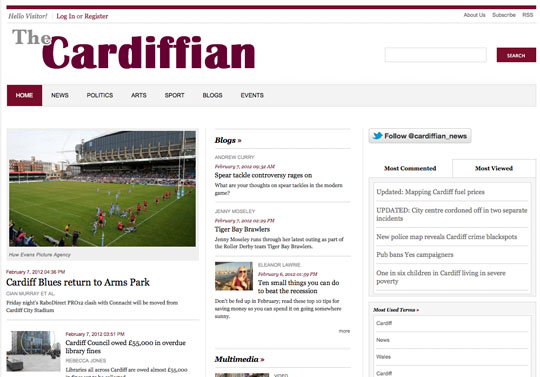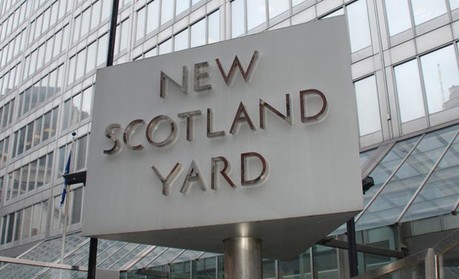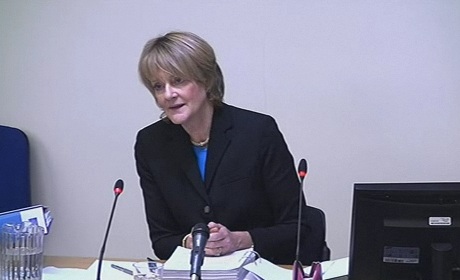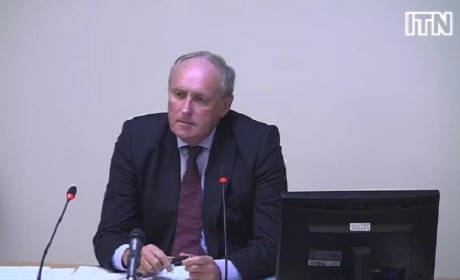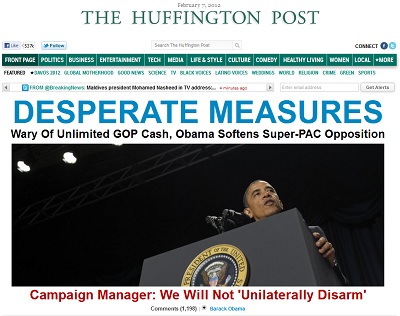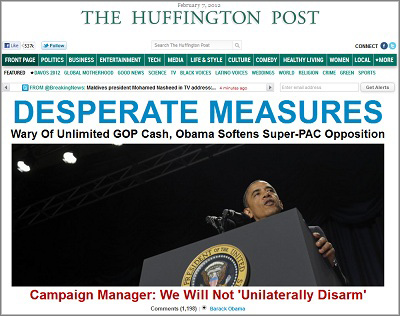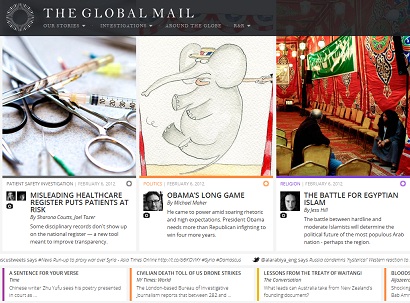Trainee newspaper journalists from Cardiff School of Journalism have relaunched the Cardiffian, a hyperlocal.
One of those involved, Tom Rouse, explains how it is run.
The news site is staffed by trainee newspaper journalists at Cardiff School of Journalism. With 29 reporters, each assigned their own patch, we are able to cover a large part of Cardiff at a ward level and cover a depth and breadth of stories which engage with communities on their own level.
The site was originally set up for last year’s students, so our focus this year has been reviving a site which has lain dormant since April and rebuilding ties with local community groups. This background means we have not had to build a readership from scratch, but has presented a different challenge in ensuring we offer something different from what is already out there.
Fundamentally, the Cardiffian is a news site and a chance for us to put our work in a real world setting. The majority of our second term is dominated by our first efforts as journalists in sourcing stories and producing a paper. As this paper is produced as a training exercise it allows us to make mistakes in a safe environment. Putting our work up on the Cardiffian builds upon this by giving us an invaluable opportunity to gain feedback from readers about the stories we’re writing and understand what works when presented to an audience and what doesn’t.
But, we are hoping to make the site far more than just another source of news in Cardiff. We want to fill the niche in the local online community which was left vacant by the demise of Guardian Cardiff and act as a hub for a variety of content, not just our own.
This means a large part of our strategy revolves around making ourselves useful to communities and encouraging them to engage with the site, whether that means submitting their events to our listings page or writing a guest blog on an issue they feel passionately about. We are hoping to build a genuine two-way relationship with our readers,
Glyn Mottershead, lecturer in digital journalism at Cardiff University, said:
The key point of the site is to help our students learn about the ways in which the industry is changing, to understand content and community strategies and build a living portfolio of work.
It is also an opportunity for them to engage with groups in Cardiff and try and help them get their message out.
The first year was very much a news site, which worked well in its run and received good feedback. This year is more about involving members of the community in the site and trying to understand and support an online community that is interested in what is happening in the city around them.
The site is also a bit more of a lab than other parts of the course and gives the students the opportunity to explore ideas that may be of interest to the community and suggest changes to platforms and strategies based on genuine feedback from them.
